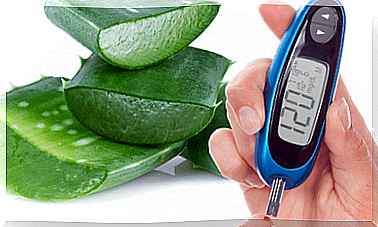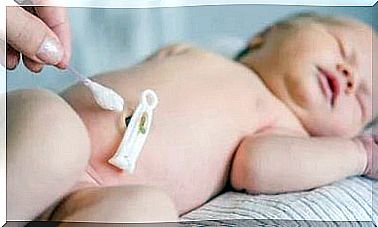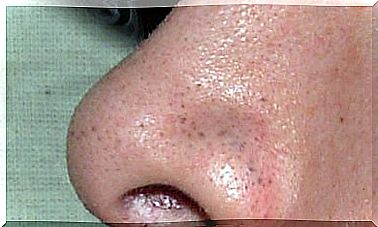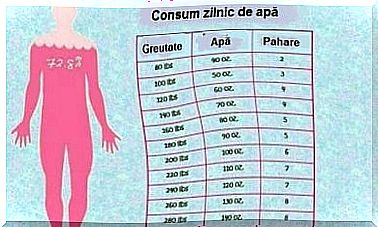Emotional Toxicity: 7 Signs

I feel vulnerable… I get upset easily and sometimes I feel like giving up everything. I can go from interest to indifference in a split second and just as quickly I feel like finishing a project that until then bored me. I am affected by emotional toxicity.
My life is like a roller coaster. Now I laugh, now I cry, I become emotionally unstable in the most unexpected moments. It is very difficult for me to separate the past from the present and insecurity governs my existence.
I often react in an exaggerated way and struggle to express my thoughts and feelings clearly, which makes me very uncomfortable. I don’t feel comfortable in any situation and in the company of anyone and I feel like I’m suffocating, because I want so much to have someone take my hand…
Do you identify or recognize someone in this description? These are the words of a person affected by emotional toxicity or mental problems related to stress, anxiety and depression.
Emotional toxicity: 7 hallmarks
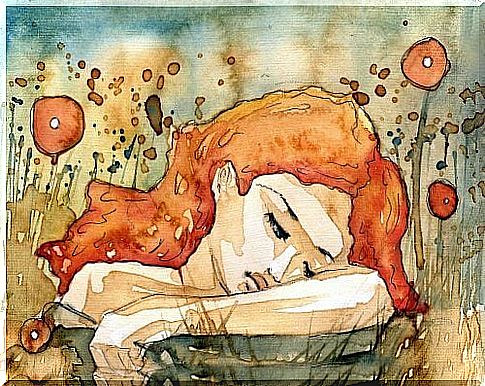
Many of us understand the effects of alcohol intoxication. We know that it can cause altered perceptions, increase heart rate and slow down the reaction rate. But can you just as well identify the signs that you are emotionally overwhelmed?
If you have gone through or are going through a period of great emotional charge, you may have forgotten to “detoxify” your emotions properly. Although it can have several causes, emotional toxicity is mainly the result of negligence in self-cultivation.
1. You are permanently defensive
As already mentioned, an emotionally intoxicated person always tries to defend himself from all the things he considers harmful.
When our inner feelings overwhelm us, we may misinterpret the actions and words of those around us and consider them an attack on ourselves. In fact, we take everything to the extreme.
The explanation lies in the fact that our self-confidence has decreased considerably, which is why we feel much more vulnerable. Our emotions are blocked, so our attention is focused only on the negative elements, allowing even the most insignificant thing to affect us directly.
We misinterpret the words and intentions of those around us and overreact to the belief that we must always be on the defensive to protect ourselves from the dangers that exist only in our minds.
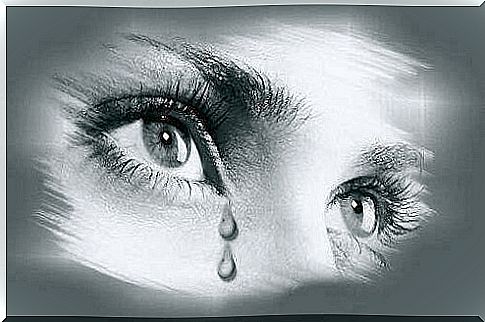
2. Your perceptions are altered
If you are the victim of emotional intoxication, you tend to go through all your personal experiences through the filter of your own emotions, refusing to listen to your reason or the advice of those close to you. It may seem like a waste of time, but neglecting these conflicts can create many problems for you.
For example, nervousness, impatience, and uncontrolled emotional reactions can stem from this inability to understand and pay attention to those around you or what is happening around you.
3. You are overly critical
One of the reasons it is so difficult to interact with an emotionally intoxicated person is the barrier imposed by his uncompromising attitude.
If you feel the same way, you may have become very inflexible out of a desire to keep everything under control. Try to be kinder to yourself and those around you.
4. Your insecurity comes to the surface
If you are emotionally intoxicated, your insecurity and complexes most likely come to the surface and control your life. Your reactions are faster and often defensive.
Confidence in yourself decreases considerably and you feel vulnerable in any situation. You feel weak and unable to understand what you feel, who you are and what you could achieve.
As a result, you feel that you need someone by your side to satisfy all your needs, to protect you and help you get through, because you can’t do anything on your own. No doubt you need to try to regain your self-confidence and restore your emotional identity.
5. You are not in your own waters
Emotional overload can be so overwhelming that you no longer feel in your waters. You lack the strength and desire to return to normal.
When you lose your vitality, you draw the curtains and try to defend yourself from your own feelings, giving up an important part of yourself. It takes a lot of physical and mental effort to make decisions and take control when you don’t have the strength to cope with everyday tasks.

6. Your emotional blockage stops your progress
When you are overwhelmed by emotions, you are not able to pass emotional reactions through the filter of reason. As a result, your ability to communicate, make decisions and evolve is affected. You find yourself in situations where you react inappropriately or do not react at all.
Emotional toxicity prevents you from thinking before speaking and perceiving a certain situation correctly. Your attention and memory are extremely selective. You start to misinterpret the words of those around you and draw your own conclusions, which deepens your frustrations and problems.
“Always keep your mind cold and your heart warm,” said Confucius. A heated reaction leads to an explosion of emotions and impulses.
7. You are not able to give up
You are afraid to give up what you had. You can’t give up even if that thing or the person is causing you suffering.
When we are invaded by emotions, we have another and even greater fear, the fear of emotional emptiness. This is because we feel that our emotional structure is about to collapse and there are some basic pillars that simply cannot be torn down.
Obviously, we’re not right. This misperception is the result of exhaustion and emotional blockages that fuel emotional toxicity.
